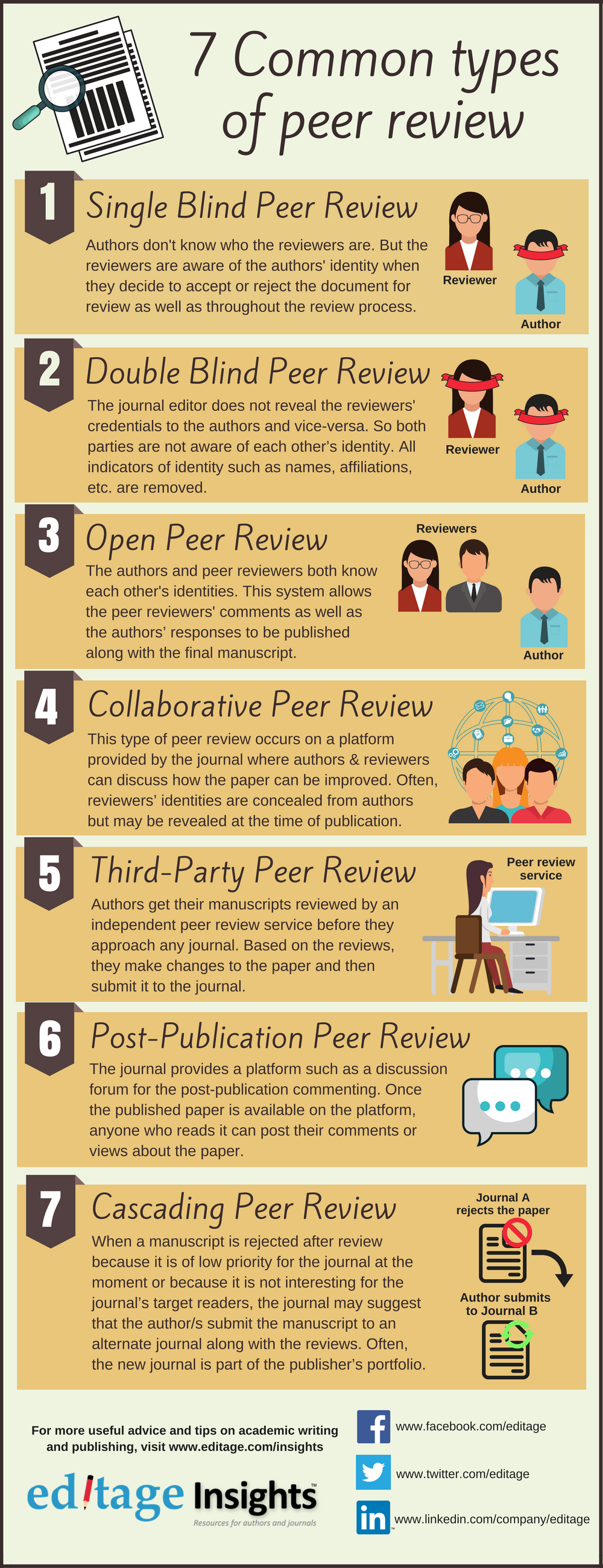Peer Review
- About Peer Review
- Peer Review in the Classroom
- Scholarly Peer Review
- Open Peer Review
- Peer Reviewer Recognition/Credit
Related Guides - Peer Review
Scholarly Communication Librarian

Room 1967
W.E.B. Du Bois Library
Creative Commons License
Welcome
This guide to peer review is written for those who want a better understanding of how peer review works in scholarly communication ecosystems, and for those who are providing peer review in different contexts. The sections of this guide are designed to help you answer questions such as:
- What are standards and best practices for peer review?
- Where can I learn how to do peer review?
- How can I use peer review as a learning tool in the classroom?
- What are best practices that journal publishers and editors should know? What are some specific publisher guidelines?
- What is different about reviewing books/chapters, conference and grant proposals, and other research?
- What is open peer review and what are its benefits and drawbacks?
- How can I get recognition for my peer review labor?
Note: Peer review practices can vary based on the field of study, the work type, and the publisher or platform. For guidance on evaluating scholarly communication providers, see Choosing Your Publisher and a "red flag" checklist for Predatory Publishers.
What is Peer Review?
Peer review is defined as obtaining advice on individual manuscripts from reviewers expert in the field who are not part of the editorial staff. Grant proposals, preprints, journal articles, data, books and conference submissions may all be subjects of peer review, with the goal of building trust in the validity, accuracy, quality and originality of the work.
Researchers/authors, reviewers, editors and readers all have stakes in ethical, unbiased and fair peer review. The process may vary in scope and execution depending on discipline and source material. The NISO Standard for Peer Review Terminology recognizes 4 categories within which a journal publisher may vary its practice:
- Identity transparency - from all identities visible to triple anonymized;
- Who the reviewer interacts with - editor, other reviewers, and/or authors;
- Review information published - 11 types, multiple may apply, e.g. reviewer identities, review reports, editor identities;
- Post-publication commenting - open or on invitation.
These categories may apply to other types of work under review. The publisher or agency should clearly address how it conducts peer review within these categories.
This video gives an overview of the process of peer review and why it matters in academic research. (North Carolina State University, 2014, 3:15 mins)
The 7 Common Types of Peer Review

Best Practices
Peer review plays a critical role in research integrity and building knowledge, but it can have flaws stemming from bias, competing interests, delays, impertinence and/or lack of expertise. Other pages in this guide provide best practices or guidelines in specific circumstances (e.g. source material or publisher); we recommend these two sources in general:
- Ethical Guidelines for Peer Reviewers - the Committee on Publication Ethics provides a baseline for editors and reviewers about conducting the review and preparing the report. It covers aspects such as confidentiality, competing interests, timeliness, ethical violations, transferability, appropriate feedback, accountability, etc.
- Anti-Racist Scholarly Reviewing Practices: A Heuristic for Editors, Reviewers, and Authors - this guide provides stories from authors, editors, reviewers and tenure & promotion reviewers that exemplify oppression and prompts for stakeholders in these roles to act as an anti-racist.
Note: unethical and predatory publishers may provide misleading or no information about their peer review practices. See more about how to detect predatory publishers.
Resources
-
Open Scholarship & Scholarly Publishing posts on peer reviewNews, research & tools on peer review
-
Peer ReviewThe Wikipedia article.
-
Peer Review, Judgement and ReadingKathleen Fitzpatrick writes about peer review in context of digital scholarship and tenure & promotion reviews.
-
Peer Review: The Nuts and Bolts - Sense About ScienceA guide for understanding the peer review process and the role it plays within society.
Sense about Science is an independent charity that promotes the public interest in sound science and evidence. It focuses on socially or scientifically difficult issues where evidence is neglected, conflicting or misunderstood. -
Peer Review Week YouTube ChannelVidoes covering quality, trust, open review, training & skills, reviewer credentials and more.
-
Scholarly Kitchen posts on peer reviewRead what information and scholarly publishing professionals say about peer review.
-
Standard Terminology for Peer ReviewNISO standard covering identity transparency, who review interacts with, review information published and post-publication commenting for journal articles.
- Last Updated: Feb 9, 2024 1:33 PM
- URL: https://guides.library.umass.edu/PeerReview
- Print Page

